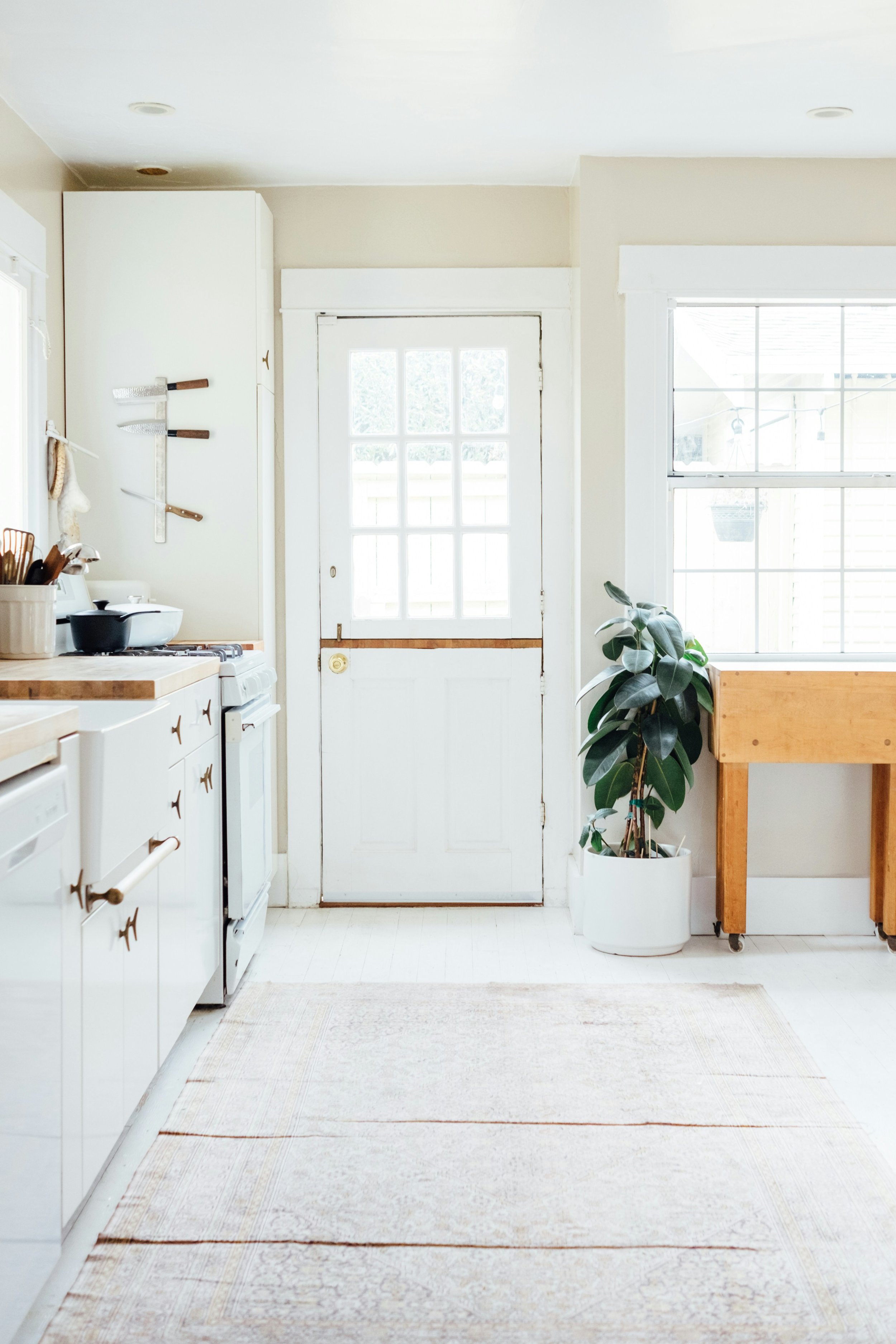How to Stop Sun Heat on the Front of Your House
The sun's heat can be a challenge for homeowners. Especially when it hits the front of your house, causing discomfort and high cooling costs.
But how can you stop this sun heat? How can you keep your home cool and comfortable?
This article will guide you through various methods to reduce the sun's heat on the front of your house. Practical solutions that can improve your home's comfort, reduce cooling costs, and increase energy efficiency.
Whether you're a homeowner, property manager, or a DIY enthusiast, this guide will provide you with effective ways to mitigate sun heat. Let's dive in and explore how to stop sun heat on the front of your house.
Understanding Sun Heat and Its Impact on Your Home
Sun heat, or solar heat gain, is a common issue for many homes. It's the increase in temperature caused by the sun's rays hitting your house.
This heat can penetrate windows, walls, and roofs. It can make your home uncomfortably warm, especially during the summer months.
Moreover, sun heat can lead to higher energy costs. Your cooling system has to work harder to maintain a comfortable temperature.
Understanding how sun heat affects your home is the first step in finding effective solutions to stop it.
The Importance of Insulation in Combating Sun Heat
Insulation plays a crucial role in combating sun heat. It acts as a barrier, reducing the amount of heat that enters your home.
Proper insulation can significantly lower your cooling costs. It helps maintain a consistent temperature inside, reducing the need for air conditioning.
Different types of insulation are available, each with its own benefits. It's important to choose the right one for your home.
Remember, a well-insulated house is not only cooler in summer but also warmer in winter.
Reflective Window Films: A Simple Yet Effective Solution
Reflective window films are a simple yet effective solution to stop sun heat. They work by reflecting the sun's rays, reducing the amount of heat that enters your home.
These films are easy to install and can be applied to existing windows. They also offer the added benefit of UV protection.
Remember, while they reduce heat, they can also reduce natural light. Consider this when deciding where to install them.
If interested in more information, follow this link and request a free quote: Tint & Film
Exterior Shading: Awnings and Overhangs
Awnings and overhangs are excellent for providing shade. They can significantly reduce the amount of sun heat hitting your house.
These shading devices are particularly effective on windows facing east or west. They block the sun when it's at a lower angle.
Remember, the size and positioning of awnings and overhangs matter. They should be designed to block summer sun, but allow winter sun.
The Power of Greenery: Trees and Shrubs for Natural Cooling
Planting trees and shrubs can provide natural cooling. They create shade and help lower the surrounding air temperature.
Deciduous trees are a great choice. They provide shade in summer and let in sunlight in winter.
Remember, the placement of trees and shrubs is crucial. Plant them strategically to shade windows and walls from the sun.
Solar Screens: Blocking Heat Without Losing the View
Solar screens are a practical solution. They block out heat without obstructing the view.
These screens can intercept up to 70% of solar energy. This reduces the heat entering your home.
Remember, the darker the screen, the better it is at reducing glare. Choose a color that suits your home's aesthetic.
Thermal Curtains and Blackout Curtains: Indoor Heat Barriers
Thermal curtains are a great indoor solution. They help to keep the heat out.
These curtains have a special insulating layer. This layer blocks out the sun's heat.
Blackout curtains are another option. They block out light and heat, making them perfect for bedrooms.
Cool Roofs: Reflecting Sunlight to Reduce Heat Absorption
Cool roofs are a smart choice for heat reduction. They are designed to reflect more sunlight.
This reduces heat absorption. It keeps your home cooler.
The result is less need for air conditioning. This leads to energy savings.
Ventilation: Letting the Hot Air Out
Proper ventilation is crucial. It allows hot air to escape.
This reduces the indoor temperature. It also improves air quality.
Ventilation can be natural or mechanical. Both are effective.
Consider your home's design. It can enhance natural ventilation.
Choosing the Right Exterior Paint Colors and Materials
The exterior paint color matters. It can reflect or absorb heat.
Light colors are best. They reflect more sunlight.
Consider the paint's material too. Some have heat-reflective properties.
Double-Glazed and Low-E Windows: High-Tech Heat Reduction
Double-glazed windows are a great choice. They have two glass panes with a gap in between.
This gap reduces heat transfer. It keeps your home cooler.
Low-emissivity (Low-E) windows are another option. They have a special coating that reflects heat.
Sealing Air Leaks with Weather Stripping and Caulking
Air leaks can let in hot air. They can also let cool air escape.
Weather stripping and caulking can help. They seal these leaks.
This can improve your home's energy efficiency. It can also make your home more comfortable.
Remember to check for leaks regularly. This will ensure your home stays cool.
Conclusion: Combating Sun Heat for Maximum Effectiveness
Combating sun heat is not a one-size-fits-all solution. It requires a combination of strategies.
Each home is unique. Therefore, what works for one may not work for another.
Consider your home's specific needs. Then, choose the strategies that best meet those needs.
In the end, the goal is to create a comfortable, energy-efficient home. And with the right strategies, you can achieve this.


